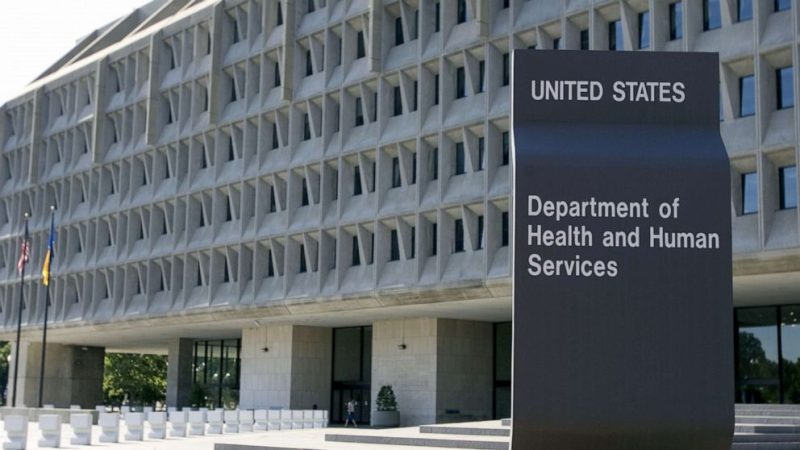
In a dramatic turn of events, the Department of Health and Human Services (HHS) reversed the firings of over 100 federal employees from the National Institute for Occupational Safety and Health (NIOSH). This decision came just hours before a judge ordered their reinstatement, averting a potential crisis for coal miners’ black lung health care programs. The firings, initially part of a broader effort to reduce the size of the federal government, had sparked significant public outcry, particularly from Senator Shelley Moore Capito, who actively championed the cause of West Virginia’s workers.
The reversal followed a series of ABC News reports highlighting the devastating impact the firings would have on critical black lung prevention and treatment initiatives. These reports detailed the concerns of coal miners who faced the prospect of losing vital health screenings and access to a program that allows miners with early-stage black lung to transition to safer roles. Senator Capito, in announcing the HHS’s decision on X, emphasized the paramount importance of protecting the health and safety of West Virginia’s workers.
Critics had argued that the initial firings contradicted President Trump’s pledge to revitalize the American coal industry. While the HHS’s reversal is a victory for coal miners, it leaves lingering questions. It’s unclear whether similar reversals applied to employees in other NIOSH offices across the country, each handling various occupational safety and health issues.
The judge’s order, issued just hours before the HHS announcement, underscored the potential irreparable harm to miners and the public from the loss of experienced NIOSH officials. U.S. District Judge Irene Berger’s ruling highlighted the critical role of NIOSH’s health screening program and a crucial waiver, Part 90, which allows miners with early-stage black lung to transfer to non-mining positions. Judge Berger’s strong words directly addressed HHS Secretary Robert F. Kennedy Jr., questioning his belief that miners wouldn’t be harmed by the program’s inaccessibility.
The judge’s order demanded the full restoration of the NIOSH Respiratory Health Division, the rescission of the reduction-in-force letters, and the continuation of health surveillance programs. Secretary Kennedy was given three weeks to confirm compliance. The plaintiffs’ attorney, Sam Petsonk, celebrated the ruling as a victory for the fundamental principles of judicial review and the rights of ordinary citizens. An HHS spokesperson maintained that the administration remains committed to supporting coal miners and firefighters, even while streamlining operations.
This case serves as a potent reminder of the critical role government agencies play in protecting worker health and safety. The swift reversal, coupled with the judge’s decisive ruling, highlights the power of public pressure and the importance of safeguarding essential public health programs.










